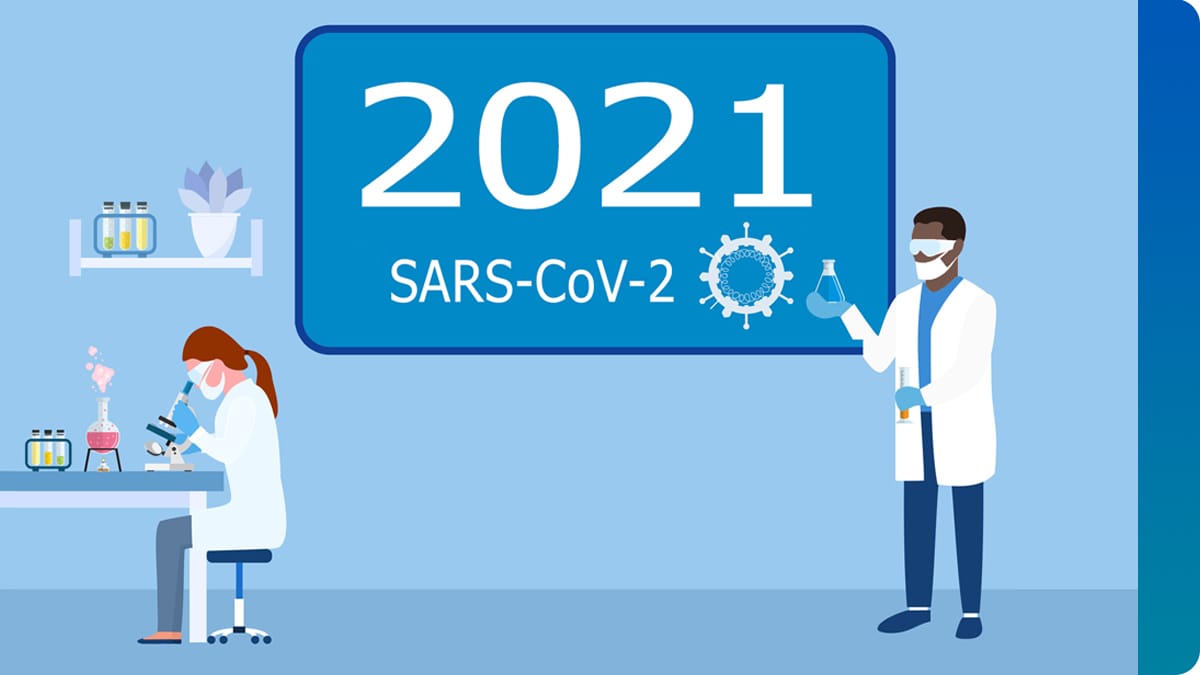What to know
The Children's Hospital of Philadelphia Research Institute provided genomic surveillance of SARS-CoV-2 by tracking changes in the virus over two years in Philadelphia. Awarded in 2021, the project tested whether specific variants were more likely to be identified in clusters of cases or linked to “super-spreader” events or whether specific viral variants were more associated with severe disease. The institute built a web-based, user-friendly version of its viral classification tool for health departments and hospitals.

Findings on SARS-CoV-2 variant characteristics
This project:
- Developed a method to quickly summarize the temporal trajectory of viral variants in the pandemic from millions of genomes.1
- Developed a method that can rapidly and systematically classify hundreds of thousands of variants of SARS-CoV-2. 2
- Compared different variants to identify those associated with vaccine breakthrough. 3
- Identified emerging B.1.1.7+E484K clone.4
- Reviewed genomic epidemiology of the 69,686 SARS-CoV-2 isolates to date. 5
New and improved sequencing software tools
This project:
- Developed Pipeline for phylogenetic analysis of genome datasets compared to publicly available sequences.
- Developed Gene Novelty Unit-based Virus Identification for SARS-CoV-2 (GNUVID) method to quickly classify and type SARS-CoV-2 viral variants; also developed a web-based version of GNUVID so that bioinformatic tools can also be used by nontechnical staff.
- Contributed to the University of Pennsylvania dashboard, SARS-CoV-2 Variants Circulating in the Delaware River Valley Tracked by Surveillance Sequencing.
- Hill numbers at the edge of a pandemic: rapid SARS-COV2 surveillance using clinical, pooled, or wastewater sequence as a sensor for population change. medRxiv, 2022
- Emerging SARS-CoV-2 Diversity Revealed by Rapid Whole-Genome Sequence Typing. Genome Biol Evol, 2021.
- SARS-CoV-2 variants associated with vaccine breakthrough in the Delaware Valley through summer 2021. medRxiv, 2021.
- Comparative Analysis of Emerging B.1.1.7+E484K SARS-CoV-2 Isolates. Open Forum Infect Dis, 2021.
- Emerging SARS-CoV-2 diversity revealed by rapid whole genome sequence typing. bioRxiv, 2020.
